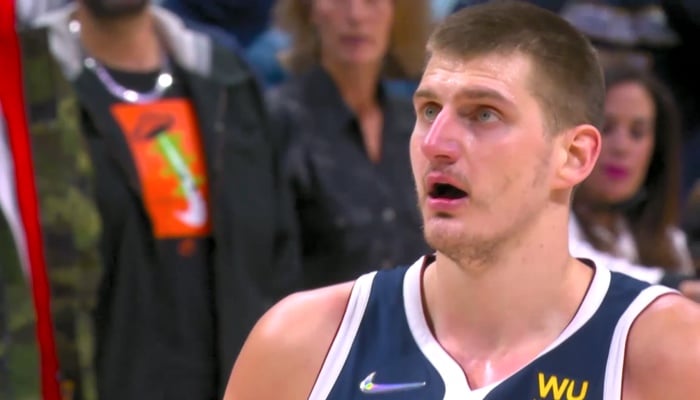Taylor Swift Reclaims Music: Catalogue Control Achieved
Imagine a world where artists routinely reclaim control of their life’s work, bypassing traditional record label structures and directly connecting with their fans. This isn’t a distant fantasy; it’s a rapidly approaching reality, fueled by artists like Taylor Swift and a growing dissatisfaction with the existing music industry model. Swift’s recent announcement of re-recording her early albums – and the staggering success of those re-releases – isn’t just a career move; it’s a seismic shift in power dynamics, potentially reshaping how music is created, owned, and consumed for decades to come.
The core of this revolution lies in the battle for . For decades, artists often signed away ownership of their master recordings – the original recordings from which all copies are made – to record labels. This meant labels profited significantly from the artist’s work, often with limited financial return for the creator. Taylor Swift’s highly publicized dispute with Scooter Braun and Big Machine Label Group brought this issue into sharp focus. Braun’s acquisition of Big Machine, and subsequently Swift’s masters, without her opportunity to purchase them, sparked a public outcry and ignited a movement towards artist empowerment.
Swift’s decision to re-record her albums – starting with Fearless (Taylor’s Version) and continuing with Red (Taylor’s Version) – is a direct challenge to this system. By creating new masters she *owns*, she effectively diminishes the value of the originals controlled by others. This isn’t simply about financial gain; it’s about artistic integrity and control over her legacy.
While Taylor Swift is the most prominent example, she’s not alone. Other artists are exploring similar strategies, though often on a smaller scale. The increasing accessibility of high-quality recording technology and the rise of independent distribution platforms are lowering the barriers to entry. Artists are realizing they don’t necessarily *need* a major label to reach a global audience.
Artists considering re-recording should carefully analyze the legal implications and potential costs involved. Consulting with an entertainment lawyer specializing in music rights is crucial.
The rise of streaming services has further complicated the issue of music ownership. While streaming provides convenient access to vast libraries of music, it often generates minimal royalties for artists. This has led to increased calls for fairer compensation models and greater transparency in streaming revenue distribution. The re-recording movement offers artists a way to circumvent these issues by directing revenue towards their own ownership.
According to a recent report by the Recording Industry Association of America (RIAA), streaming accounted for 84% of total music revenue in the US in 2023, highlighting its dominance in the industry. This dependence on streaming underscores the need for artists to explore alternative revenue streams and ownership models.
The long-term implications of this trend are significant. We can expect to see:
“The Swift effect is undeniable. She’s not just re-recording her music; she’s rewriting the rules of the game. This is a powerful message to artists everywhere: you have agency, you have options, and you deserve to control your own creative destiny.” – Dr. Anya Sharma, Music Industry Analyst, University of California, Berkeley.
The concept of is being redefined. Artists are no longer content to be passive recipients of revenue generated from their work; they want to be active participants in the value chain.
For music fans, this shift presents both opportunities and challenges. Supporting artists who own their masters is a way to directly contribute to their success. However, it also requires a greater awareness of the complexities of music ownership and the different versions of songs available.
The re-recording revolution is about more than just Taylor Swift; it’s about a fundamental shift in power within the music industry, empowering artists and challenging the traditional label system.
A: Taylor Swift is re-recording her albums to regain ownership of her master recordings, which were sold without her consent. This allows her to control her music and its revenue streams.
A: Yes, while Taylor Swift is the most prominent example, many other artists are exploring similar strategies to gain control of their music.
A: Streaming services will likely need to offer both the original and re-recorded versions of songs, giving listeners a choice and potentially impacting royalty distribution.
A: A master recording is the original recording from which all copies of a song are made. Ownership of the master recording typically grants control over the song’s use and revenue.
What are your predictions for the future of music ownership? Share your thoughts in the comments below!
Explore more insights on music industry trends in our latest report.













